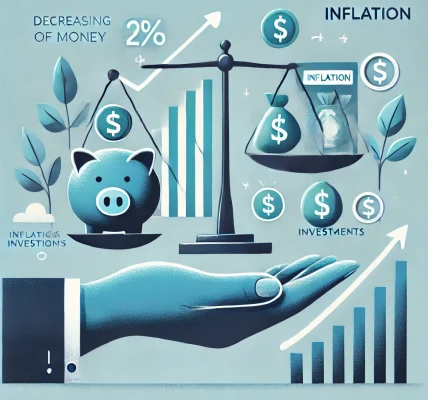- IntroductionRetirement planning is a crucial aspect of financial security, and choosing the right service can significantly impact your long-term financial well-being. With a variety of options available, from employer-sponsored plans to robo-advisors and traditional financial planners, it’s essential to compare their returns, fees, and benefits to make an informed decision.In this article, we will explore various retirement planning services, compare their potential returns, and help you determine which option best suits your needs.Understanding Retirement Planning ServicesBefore diving into comparisons, let’s define the main types of retirement planning services available:1. Employer-Sponsored Retirement Plans
- 401(k), 403(b), and 457 Plans: These employer-sponsored plans allow employees to contribute a portion of their income, often with employer-matching contributions.
- Pension Plans: Defined benefit plans that provide a fixed payout upon retirement based on salary and years of service.
- Traditional IRA: Tax-deferred contributions; withdrawals are taxed in retirement.
- Roth IRA: Contributions are made with after-tax dollars, but withdrawals are tax-free in retirement.
- SEP & SIMPLE IRAs: Designed for self-employed individuals and small businesses.
- Automated platforms like Betterment, Wealthfront, and SoFi Invest provide algorithm-driven investment strategies tailored for retirement goals.
- Certified Financial Planners (CFPs) and wealth managers offer personalized retirement planning services for a fee.
- Individuals who prefer to manage their own retirement portfolio using brokerage firms like Vanguard, Fidelity, or Charles Schwab.
- Ideal for those who receive employer matching contributions.
- Tax-deferred growth with high contribution limits.
- Limited investment options compared to IRAs.
- Contributions are made after-tax, but withdrawals are tax-free.
- No required minimum distributions (RMDs).
- Ideal for younger investors in lower tax brackets.
Best for Hands-Off Investors: Robo-Advisors
- Low-cost and automated portfolio management.
- Suitable for beginners who prefer passive investing.
- Fees are lower than traditional advisors but higher than DIY investing.
Best for Personalized Strategies: Financial Advisors
- Ideal for high-net-worth individuals or those needing customized advice.
- Higher fees but tailored retirement planning strategies.
- Includes tax optimization and estate planning.
Best for Experienced Investors: Self-Directed Investment Accounts
- Maximum control over investment choices.
- Potential for higher returns, but requires financial knowledge.
- No advisory fees but subject to trading costs and capital gains taxes.
Conclusion
Choosing the right retirement planning service depends on your financial goals, risk tolerance, and level of involvement. For most individuals, a combination of a 401(k), IRA, and additional investment accounts may offer the best balance of returns, tax advantages, and flexibility.
Key Takeaways: ✔ Employer-sponsored 401(k) plans are great for tax-deferred growth with employer matching. ✔ Roth IRAs provide tax-free withdrawals in retirement. ✔ Robo-advisors offer automated, low-cost investment strategies. ✔ Financial advisors provide tailored advice but come at higher fees. ✔ Self-directed investments offer maximum control but require expertise.
By understanding the pros and cons of each option, you can make an informed decision that ensures a comfortable and financially secure retirement.
FAQs
1. What is the safest retirement planning option?
Pension plans and diversified target-date funds within a 401(k) are considered some of the safest options due to their stability.
2. Should I invest in both a 401(k) and an IRA?
Yes, if possible. A 401(k) allows high contribution limits and employer matching, while an IRA provides additional tax benefits and investment flexibility.
3. Are robo-advisors a good choice for retirement planning?
Robo-advisors can be a great low-cost option for hands-off investors but may lack personalized strategies offered by financial advisors.
4. How can I maximize my retirement returns?
Diversify investments, take advantage of tax-advantaged accounts, and start investing early to benefit from compound growth.
By comparing different retirement planning services, you can determine which strategy aligns best with your long-term financial goals and ensures a secure and prosperous retirement.




